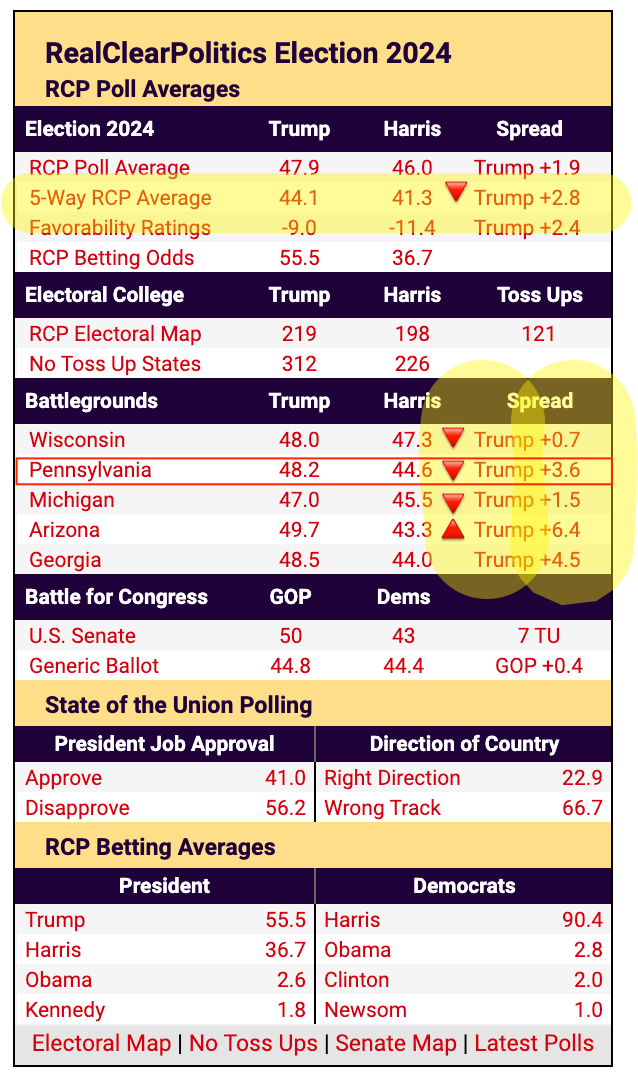U.S. District Court Judge Reed O’Connor recently ruled to uphold the rights of employers granted in the Religious Freedom Restoration Act, rather than uphold a provision of the Affordable Care Act requiring employers to fund healthcare. The ultimate implications of the ruling are still developing, but already there is controversy.
Conflicting Rights Obscure Incentives
Many argue that the ruling jeopardizes employer-based healthcare, including insurance plans covering drugs that help lower the risk of contracting HIV. These are logical arguments on their face. If people cannot afford medicines like PrEP, for example, because their employer values adhering to religious beliefs more than paying for specific medical care, it will make such healthcare more expensive. Such outcomes could worsen individual and public health.
In a response to O’Connor’s ruling, Paul Kawata, Executive Director of National Minority AIDS Council (NMAC), stated that “This decision has the potential to cut off millions of Americans from the life-protecting medications they need.” Moreover, Kawata suggests that, “Leaders at the state and federal levels must take all necessary steps to protect access to these vital medications.”
Kawata is not alone in his opposition. Joshua Cohen at Forbes suggests the ruling implicitly takes a “pro-death stance,” and Ian Millhiser at Vox says it is a disaster for public health.
While such arguments are valid, they depict a narrow view of employers and their relationship with employees. The relationships between employers and employees are mutually beneficial and might often improve health.
Just because courts overturn mandates requiring employers provide healthcare, it does not necessarily follow that employers won’t provide healthcare for their employees, their families, and even a larger community. Religious-minded employers might still provide healthcare they find controversial.
Employers Face Incentives to Improve Health
Employers have provided health care for over a century, regardless of federal rules and court rulings, because they face incentives to attract employees, reduce turnover rates, increase productivity, and seek net revenue. Real wages, including salaries and healthcare benefits, are important ways to attract and maintain a workforce.
Numerous examples throughout the 19th and 20th centuries demonstrate the prevalence of such incentives. Long before federal mandates in the United States, the owners and managers of coal mining companies provided sanitation services. Similarly, cotton textile mills and railroads provided mosquito control. Consider Jay Gould, chairman of the St. Louis Southwestern Railway. When he realized many of his workers were sick with malaria in the 1910s, he established a trust to finance subsequent mosquito control efforts, which ultimately helped to control the disease among his workforce.
Employees and employers, along with labor unions, also have a long history of cooperation as it relates to health. John Murray details how workers favored industrial sickness funds to provide insurance in the event of sickness or injury, especially between 1880 and 1940, which formed the basis for the American employer-based health insurance model.
Christy Ford Chapin notes that employers in the U.S. provided healthcare during the early 20th century for many reasons, among them improving working conditions and lowering the costs of insurance. Such services provided benefits to employer and employee alike, through improvements in health, increased productivity, and profits.
Such incentives are not unique to the U.S. With the rising HIV epidemic in South Africa, for example, mining firms provided testing, antiretroviral therapies, and HIV-related healthcare to their employees. Their efforts became so extensive and successful they created the Aurum Institute, now one of the world’s leading public health research facilities.
Workplace wellness programs are common. While their effects on health outcomes are mixed, employers can still use them to attract employees if they believe in the efficacy of such programs. Employers and health insurance plans provide other health-related perks too, from fitbits, gym memberships, and personal trainers, to flu shots and meditation sessions.
Labor Markets Facilitate Sorting
Healthcare is one of the ways employers attract a larger pool of employees, limit turnover, and increase productivity and net revenue. Such incentives remain regardless of whatever court rulings and federal requirements might impose.
Critics of O’Connor’s ruling might still be incensed, as these incentives might not directly help people who face higher healthcare costs. There is a silver lining, however, especially when labor markets are competitive.
In competitive labor markets, workers and employers cooperate to produce valuable goods, such as healthcare. Workers and employers who fail to produce such goods will tend to earn lower wages and/or lower profits.
Employers that strongly adhere to their religious values, to the extent that they would refuse to cover some kinds of healthcare, lose opportunities to attract employees who value those healthcare goods. Strong religious adherence becomes costly to employers as current and future employees might look elsewhere for employment. Similarly, employers who are interested in attracting and maintaining relationships with employees, rather than whatever religious values they might have, are likely to provide the kind of healthcare employees most value. Those firms, rather than the religious-minded ones, will tend to fare better in a competitive labor market.
















